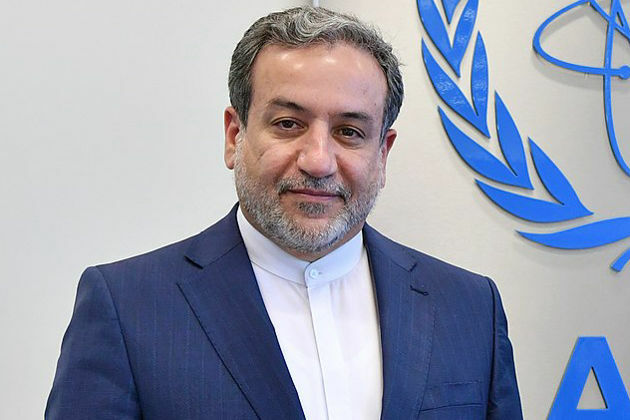Move FM Global News

Iran refuses to abandon uranium enrichment after airstrikes
Jul 25, 2025WASHINGTON, D.C.: Iranian Foreign Minister Abbas Araghchi has declared that Tehran will not abandon its uranium enrichment program, even after suffering significant damage to its nuclear facilities during last month’s Israel-Iran conflict.
Speaking to Fox News’ Special Report with Bret Baier, Araghchi emphasized that the enrichment program remains a symbol of scientific achievement and national pride.
“It is stopped because, yes, damages are serious and severe,” Araghchi said. “But, obviously, we cannot give up enrichment because it is an achievement of our scientists. And now, more than that, it is a question of national pride.”
Before hostilities broke out, Iran and the United States had engaged in five rounds of indirect nuclear negotiations mediated by Oman. Despite progress, talks stalled over the permissible level of uranium enrichment Iran would be allowed under a revived agreement. The U.S. and Israel have warned that Iran was nearing weapons-grade enrichment levels. At the same time, Tehran has consistently insisted that its nuclear program is strictly for civilian energy and medical purposes.
The recent war, which began when Israel launched strikes on Iran on June 13, lasted 12 days and drew in the United States. U.S. forces joined Israel in targeting Iranian nuclear facilities, causing extensive damage. A ceasefire was agreed upon in late June.
Araghchi confirmed that Iranian experts were still assessing the full extent of the destruction but did not indicate abandoning the enrichment program, which he described as deeply tied to Iran’s sovereignty.
He also addressed speculation about Supreme Leader Ayatollah Ali Khamenei’s health, assuring that the 85-year-old leader was in “good health.” Araghchi reiterated Iran’s openness to diplomacy with Washington, although he ruled out direct negotiations “for the time being.”
Iran remains a signatory to the Nuclear Non-Proliferation Treaty (NPT), which allows for civilian nuclear programs under international inspection. The International Atomic Energy Agency (IAEA) has stated there is “no credible indication” that Iran currently has an active, coordinated nuclear weapons effort. In contrast, Israel, widely believed to possess nuclear weapons, is not a party to the NPT.
Israel has defended its strikes, asserting that its military campaign was intended to prevent Iran from acquiring nuclear weapons. It maintains that Tehran’s ambitions pose an existential threat to regional and global security.
The future of nuclear diplomacy between Iran and the U.S. remains uncertain amid the geopolitical fallout of the recent conflict and growing tensions in the region.


